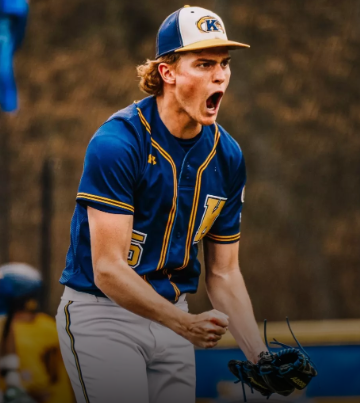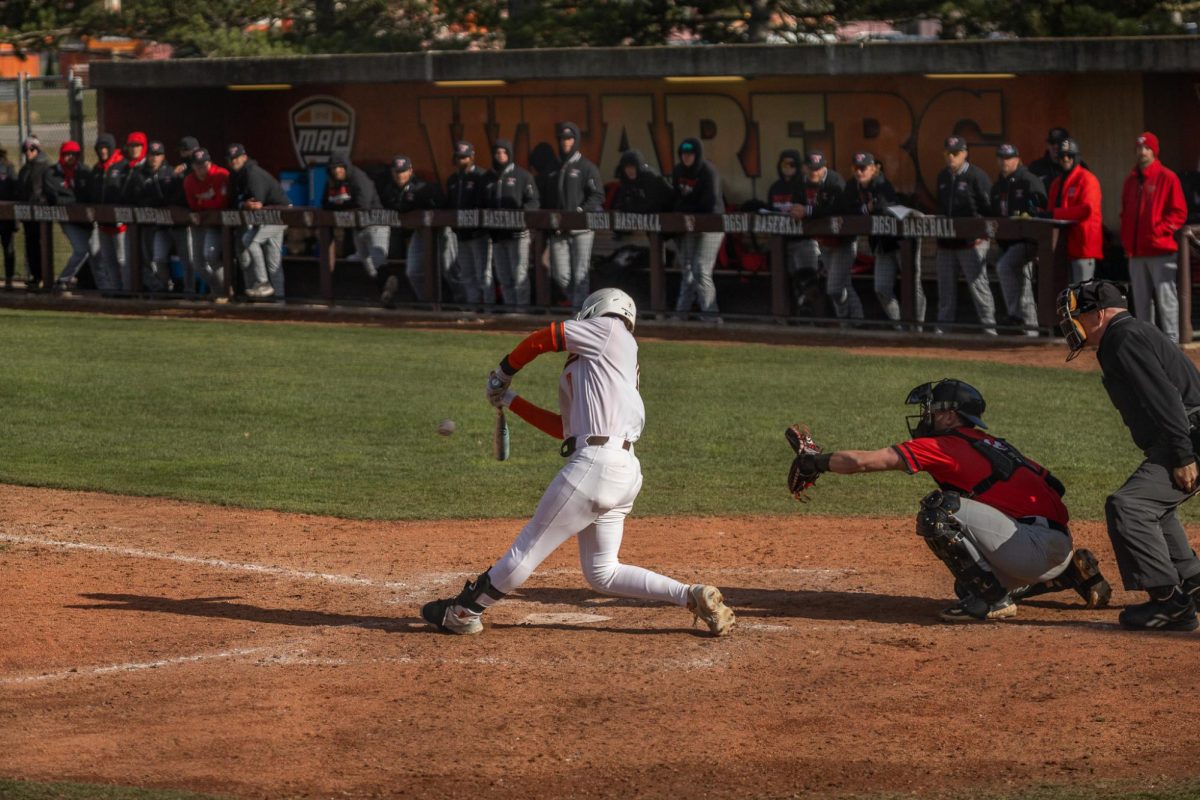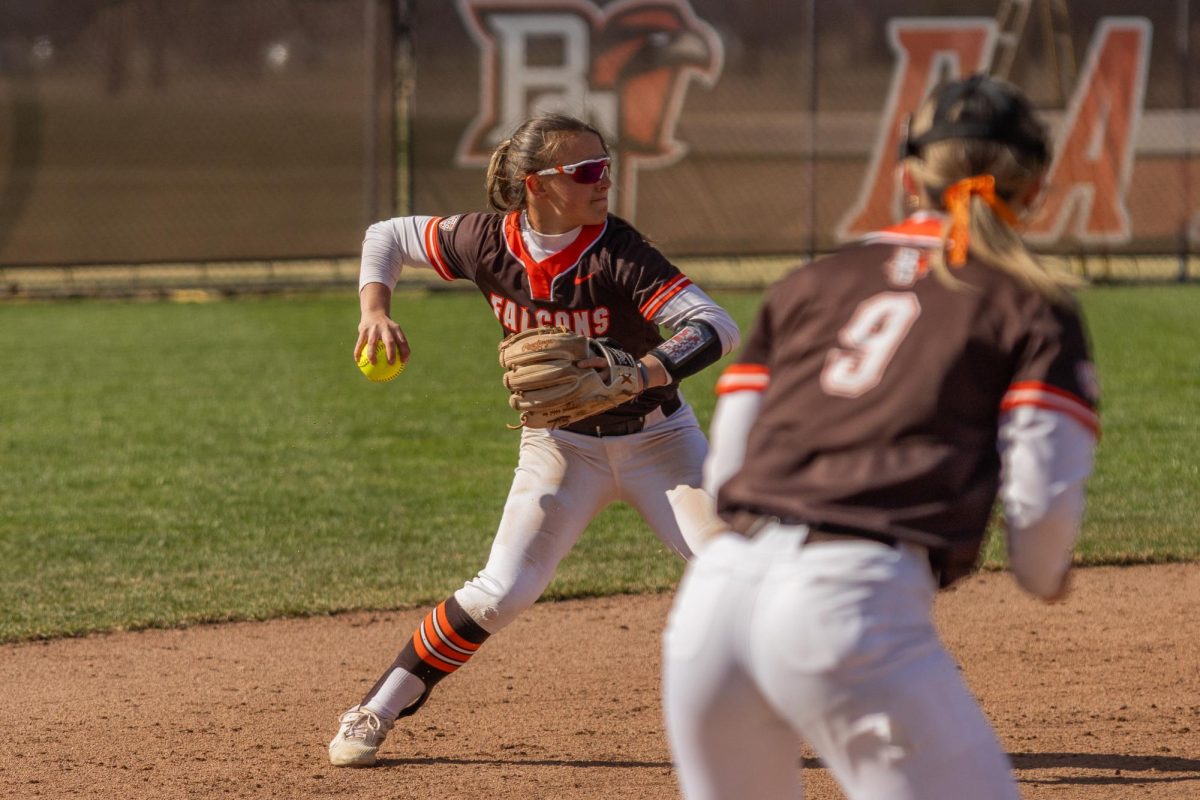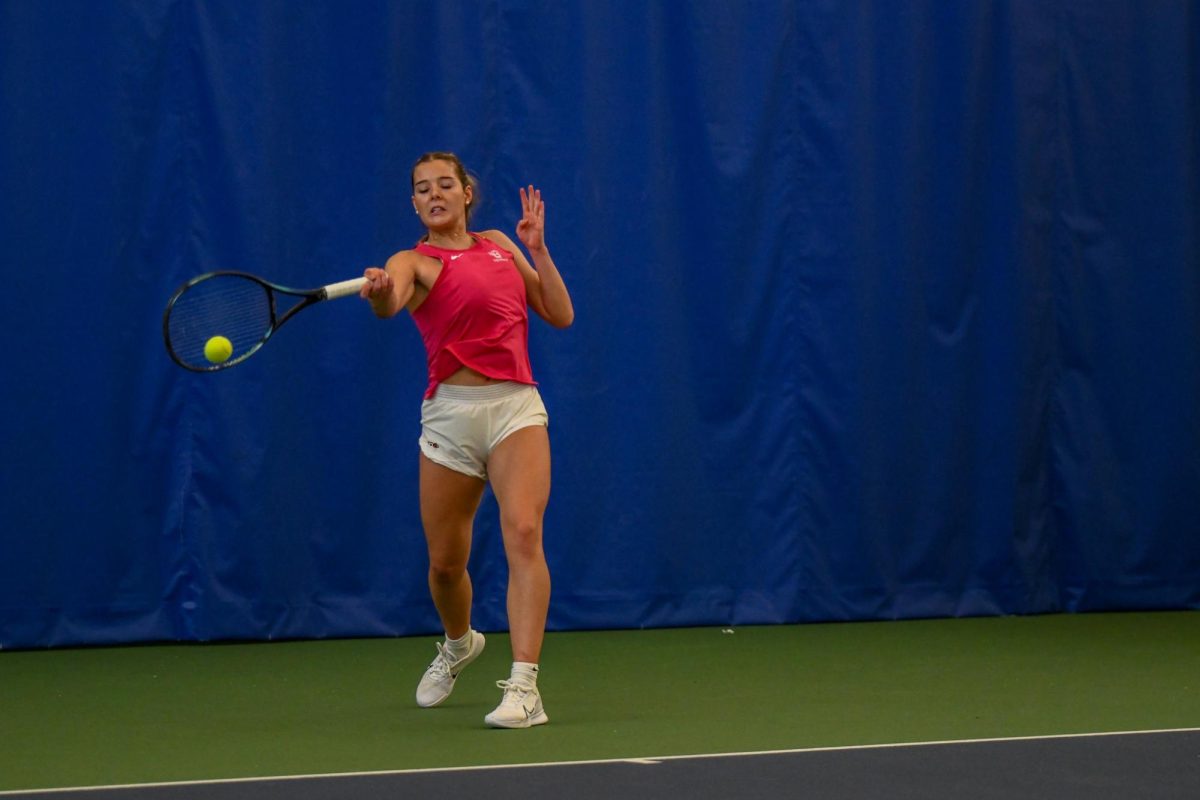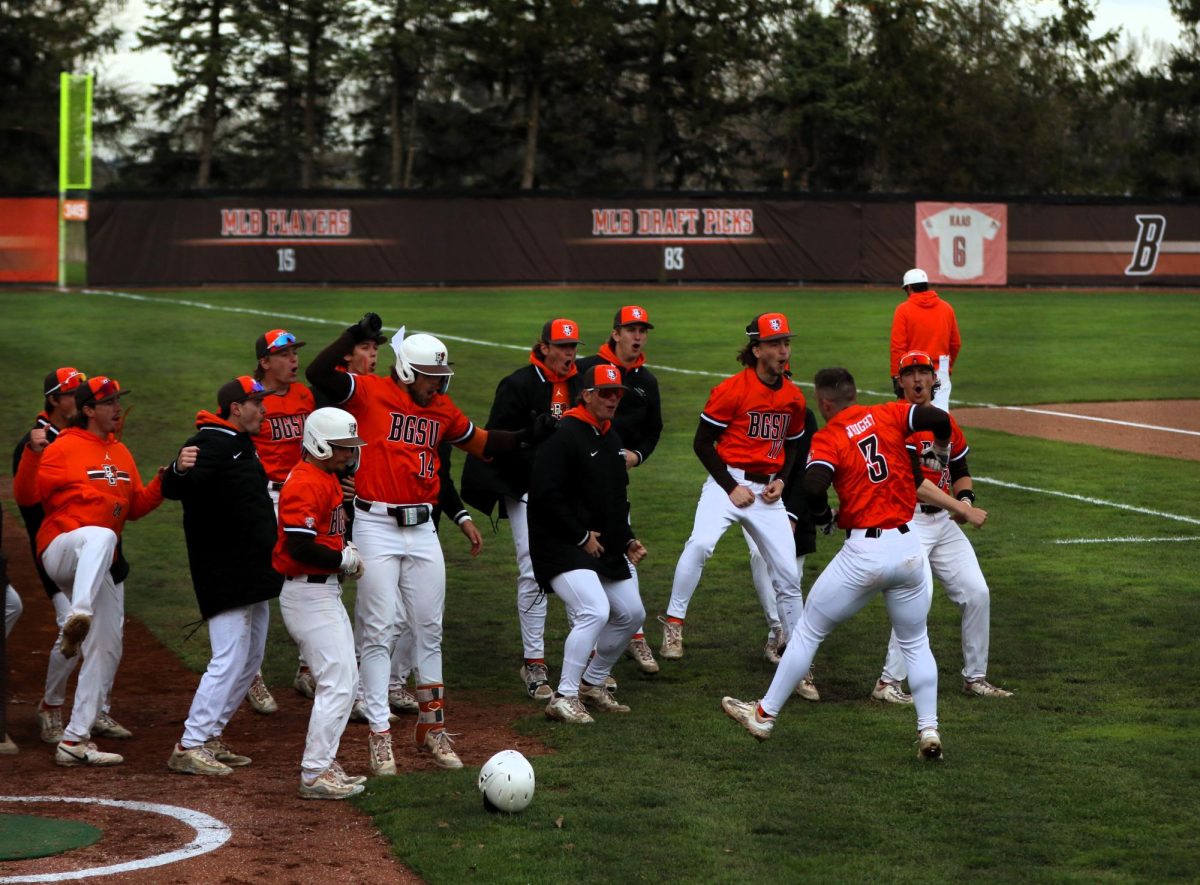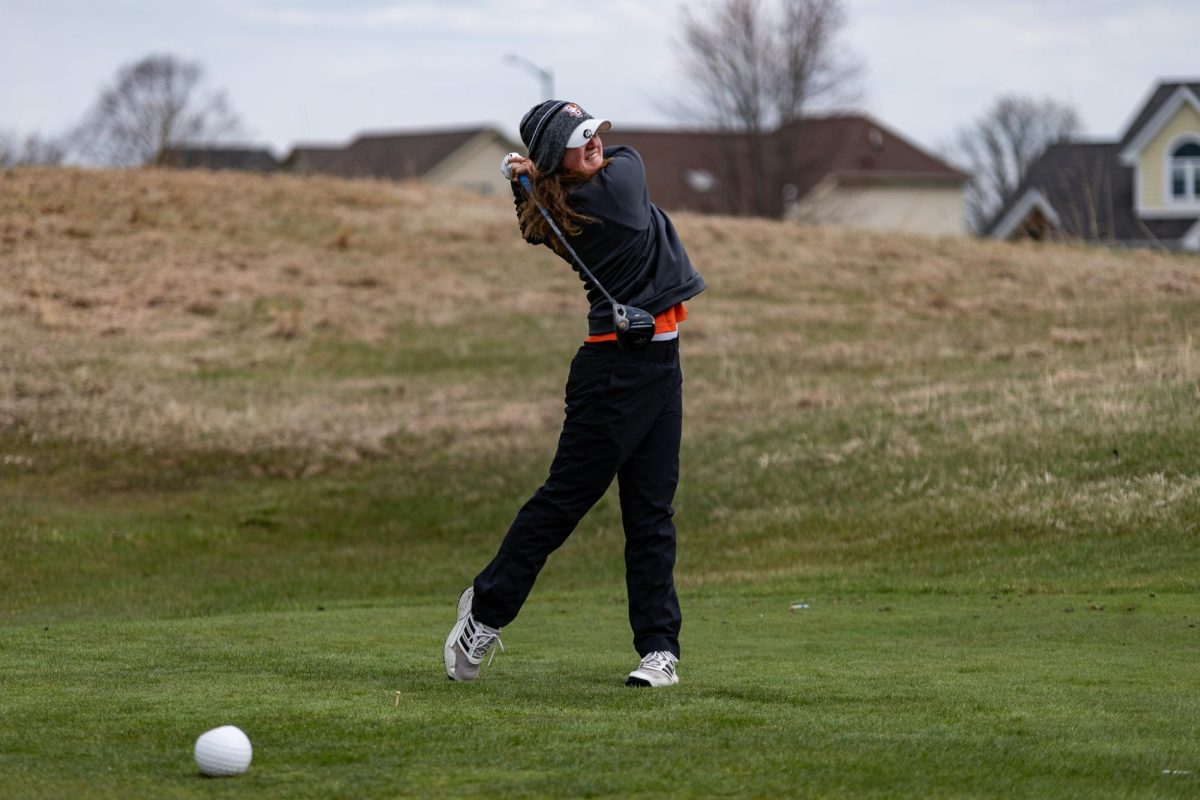“We Are One Team (WA1T) uses sport as a forum to create a dialogue and to promote friendship between stereotyped groups on campus. WA1T aims to strengthen the sense of community at the University by creating awareness of social injustice and by facilitating an environment that values inclusion, diversity and tolerance. As a university-wide movement, WA1T respresents a strong group of advocates for positive social change who are united by their mutual love and passion for sports,” WA1T mission statement 2015.
I joined WA1T after the president and founder, Yannick Kluch, came and spoke to one of my communication classes about the organization. I was immediately struck; in the past, I have lamented the lack of social dialogue in the sport world, even the hush-hush culture that forces athletes to remain silent on social and political issues.
Right now, as a grassroots organization, they are still establishing themselves among the University community. They have come a long way, though, with many on-campus athletic affiliations and coalitions as well as immense support from faculty, including President Mazey. Most of our meetings discussed the formations of these coalitions and how to generate ideas for future events that get the word out about sports as a powerful tool for social justice.
A recent event they co-sponsored with the Women’s Center during Women’s History Month was a panel with the historic “winningest team in sports history,” the Toledo Troopers. This female football team was a riotous success before the institution of Title IX in the 70s, with six perfect seasons and a fanbase of over 3000. These women didn’t mean to necessarily be a part of the beginning of a new era, many of them, “just wanted a space to be an athlete.” In my view, this is a core goal of WA1T, providing dialogue to create these spaces, for the social and political selves of athletes and fans alike.
WA1T primarily wants to create an environment that bolsters the position of the athlete activist. Peter Kaufman, a sociology Ph.D. professor at State University of New York at New Paltz, in a 2008 analysis writes “(t)he activist athlete, more often than not, must be prepared to stand alone and bear the consequences [of activism].” In all the instances of US athlete protests, backlash was severe and from all directions. Referencing instances in which athletes have protested war in sport settings, Kaufman further muses, “…are they disparaged because they are against the country at war, or are they disparaged because they are against the country qua sport?”
Kaufman’s 2008 analysis provides a plethora of examples of athlete activism being smothered by the powers that be. Muhammed Ali spent time in jail, three years off in his prime and plenty of money was lost due to his protests of racial inequality and the Vietnam War. College athletes are confronted with injustices like sweatshop labor and the uniform sponsorships that profit, like in the case of Jim Keady, semi-pro and coach at St. John’s University in 1998. Racial disparity is commonly shut down as an issue, and often the athletes’ politics become a scapegoat if a team or athlete performs poorly, as in the case of Ramogi Huma, a UCLA linebacker in 1998, as well as NBA player Craig Hodges.
Sadly, in most of these cases, the lives of the athlete activists were never the same and many careers have been devastated. Despite the precedents, however, there is promising research that indicate these attitudes could change.
For starters, it doesn’t take research to be able to say that the causes in which many activists engage are admirable and deserve the scrutiny. Further, the beginnings of research shows that once exposed, college students are willing and empowered to address social issues and be an advocate for change.
Extrapolating the paradigm shift presented to the world by social media, sport communication is undergoing a massive change; for instance Twitter erodes current gatekeeping functions held by sports media titans. New horizons are in sight that have strong potential to break the hegemonic status quo.
Broadly, fans and corporate interest want their politics and sports to remain separate, and they usually get their way at the expense of silencing the very real humans behind the sports they purport to love so much. We very much need a space for athletes and fans alike to feel free to express their politics and social stances.
“For those athletes who are politically aware … the notion of being an apolitical athlete is insulting and degrading. This is particularly true for student athletes who find their identity not only on the playing field but also in the classroom. If we truly expect student athletes to be both students and athletes, then we should encourage them to find their politcal and social voice,” Kaufman states in a 2010 study.
WA1T is poised to expose and eradicate the ideologies that act as barriers to creating an inclusive environment in sport, for fans and players alike, rebutting statements aimed to silence discourse.
In my time with WA1T, I came to know winning in more ways than points scored. What end does the severance of sport and politics serve? Certainly nothing that is truly beneficial to society and the direction we want the human race to take.
Respond to Tabitha at
thenews@bgnews.com


